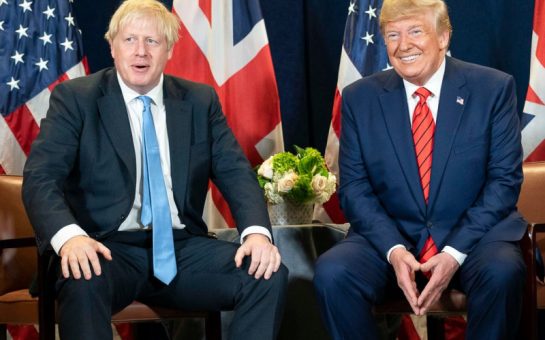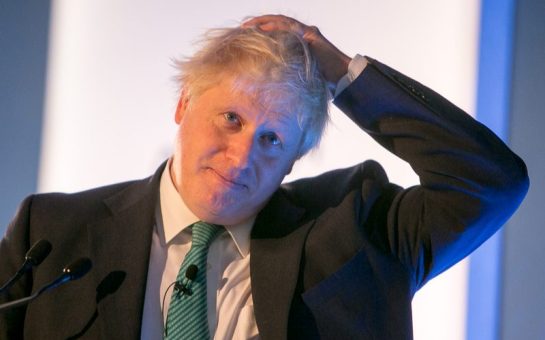By Gwyn Wright
December 13 2019, 09.00
Follow @SW_Londoner
Britain has elected its first single party majority government in over a decade.
So what happens next?
Downing Street announced this morning there will be a minor Cabinet reshuffle on Monday, and the Withdrawal Agreement Bill will receive its second Commons reading a week today.
Britain will almost certainly leave the European Union at the end of January and enter a transition period.
A major Cabinet reshuffle will take place in February, with a Budget statement following in March.
Eleven months of frantic trade talks with the EU will follow if the government intends to meet its deadline of negotiating Britain’s future trading relationship with the bloc by December 31 2020.
If no trade deal is agreed by that date, the PM will have to choose between falling back on World Trade Organisation rules or extending the transition.
EU27 heads of state and government were meeting in Brussels when the exit poll was announced.
EU officials hope the thumping Tory victory will enable the PM to negotiate a closer relationship with the bloc than he has indicated, as he will no longer have to rely on the European Research Group of Eurosceptic Conservative MPs for votes.
European Commission President Ursula von de Leyden said: “We have the structures internally and are ready to negotiate whatever is necessary. It will be important to get the mandate for the steps from the EU Council so this would be our focus.’’
The pound enjoyed its biggest surge in a decade after the exit poll was announced – hitting $1.35 against the dollar in early trading this morning.
Nicola Sturgeon is set to write to the Prime Minister next week to ask him to transfer all powers that would allow her to hold a new referendum from Westminster to the Scottish Parliament. He is almost certain to refuse this request.
The Scottish National Party increased its tally of seats north of the border, and took including Jo Swinson’s seat in East Dunbartonshire.
The First Minister said: “I have just won an election on the strength of the argument that it is Scotland’s right to choose.’’




